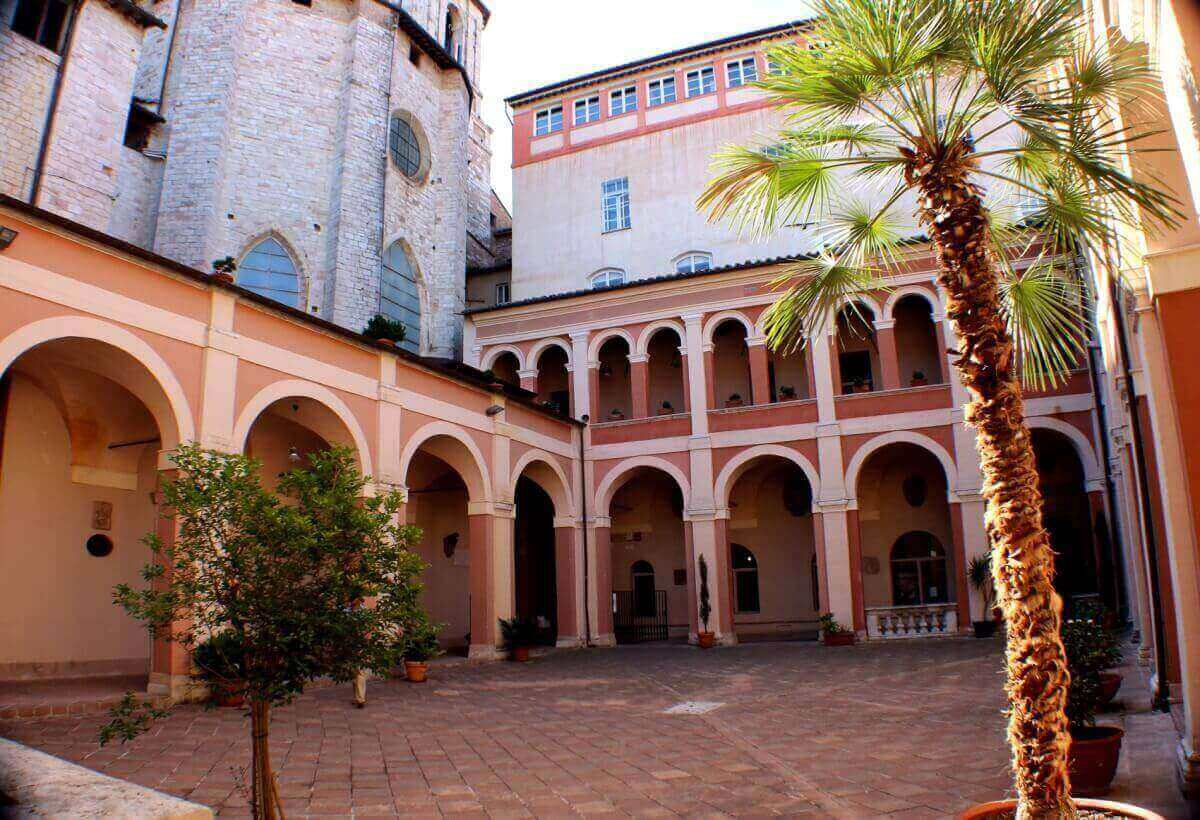
Recent acquisitions make the Umbra Institute’s food history section Italy’s largest collection in English.
Food is a lens through which scholars can look simultaneously at economics, politics, and sociology and see societies—past and present—as an integrated whole. The Umbra Institute has long supported a rigorously academic food course, one that both introduces contemporary Italian foodways, while giving the student the historical background to be able to understand Italian food customs.
Necessary to this endeavor is a well-stocked library. Professor Simon Young, in collaboration with Coordinator for Academic Initiatives, Anna Selberg, has worked for the last year to expand Umbra’s already large collection to over one hundred volumes. The strength of the selection, though, relies not only on depth but also on breadth of topics covered. Umbra’s library has some of the latest books that the food world has deemed important—Pollan’s The Omnivore’s Dilemma, Slow Food founder Carlo Petrini’s Slow Food Nation—but also others on themes ranging from the Roman cook Apicius to what might be called “the Sociology of the Table.”
The Umbra Institute library has always been responsive to the needs of the students and professors. The creation of a larger food section is part of that effort.



